8 Best Cycling Routes in Okayama: From Scenic Seto Inland Sea Coasts to Countryside Trails

This article introduces the cycling route introduced in "Hareiro Cycling Okayama." Why not go cycling and check out the historical spots you'll want to stop off at along the way, as well as natural attractions like Takaharu and limestone caves, hot springs, and unique local cuisine?
-
Table of Contents
- 1. Kurashiki- Tamano Seaside Route
- 2. History Exploration Route Around Bitchu
- 3. Kibiji Cycling Route
- 4. Katatetsu Romantic Highway Route
- 5. Oku-Kibi Yamabiko Route
- 6. Maniwa Shinjo Route
- 7. Hiruzen-kogen Heights Bicycle Route
- 8. Okayama Kagamino Crossing Route
- Enjoy Spring Cycling in Okayama
1. Kurashiki- Tamano Seaside Route

This 90km intermediate route allows you to enjoy the blue skies, the calm Seto Naikai, and the atmosphere of historic towns. There are many attractions, such as the Kurashiki Kurashiki Bikan Historical Quarter , which still retains traces of the Edo period feudal domain, the Mt. Washuzan Observatory overlooking the Seto , and the art-filled area around Uno Port. Along the way, you'll also encounter towns where you can sample local delicacies like Tama no Ontama Meshi (warm egg rice) and Kojima Tako Shio Yakisoba (salt-fried octopus with salt)! This is a luxurious and ambitious itinerary that allows you to enjoy scenery, food, history, and art all in one.
2. History Exploration Route Around Bitchu
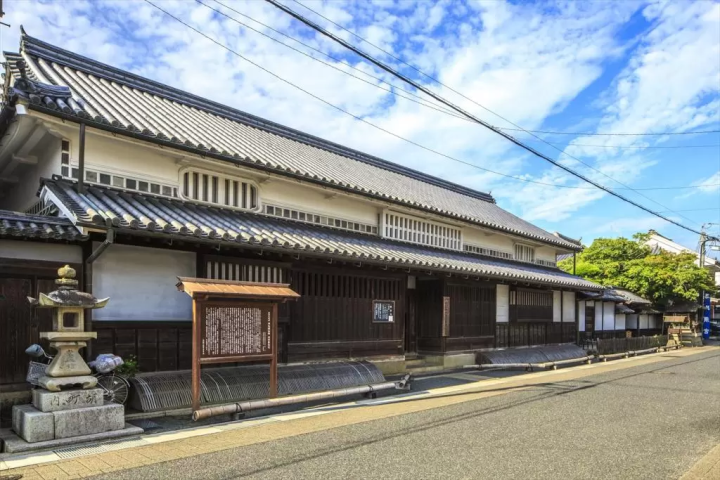
This 108km intermediate route starts at the reclaimed land of Kasaoka Bay, which is decorated with seasonal flowers. It's a route that also offers a glimpse into history, with the world's only horseshoe crab museum, Sami Coast, which was selected as one of Japan's 100 best beaches, Entsu-ji Temple, where the monk Ryokan trained, Medieval Hara , a recreation of a village on the Kibi Highlands from the Kamakura to Muromachi periods, and Yakage Town, where the honjin and wakihonjin inns where feudal lords and shogunate officials stayed during their alternate attendance periods during the Edo period remain. Don't miss the roadside station, where you can sample Kasaoka ramen and other cuisine made with local ingredients!
3. Kibiji Cycling Route

This 25km beginner's route takes you around the historical spots of the Kibi region. With only a small elevation difference of 26m, it's appealing for a leisurely cycling experience. You can get a glimpse of ancient and medieval history at Kibitsu-jinja Shrine , which is connected to the Momotaro folklore, the largest keyhole-shaped burial mound in Japan, Zozan Kofun, where you can climb up to the top of the mound, and Bitchu Kokubunji Bitchu Kokubun-ji Tenmple , home to the only five-story pagoda in Okayama Prefecture. You can also enjoy a day trip to the hot springs at the Sun Road Kibiji National Guest House.
4. Katatetsu Romantic Highway Route

Starting from the seaside, this long north-south route is a medium-level 76km journey that follows the former tracks of a disused railway and runs along the Yoshii River. It passes through Hinase, famous for its kakioko (oyster pancakes), and a town lined with Bizen Pottery kilns, a designated Japan Heritage site. The former Katakami Railway, with its station building and platform still standing, is full of nostalgia. Along the way, you can also stop by Yunogo Onsen for a soak. After visiting Tsuyama Castle (Kakuzan Park) , famous for its cherry blossoms, and Shurakuen Garden, a garden said to be modeled after the Sento Gose within Kyoto , don't forget to try the local delicacy, Tsuyama Hormone Udon!
5. Oku-Kibi Yamabiko Route

This 83km advanced route has a maximum elevation difference of 451m and includes steep ups and downs that are also used for hill climbing. You can experience nature and history while riding, passing through limestone caves such as Ikura-do Cave Cave, which boasts a total length of 1,200m, and Maki-do Cave Cave, where you can see one of Western Japan's best rimstone rice fields, as well as Bitchu Matsuyama Castle, the only mountain castle in Japan with its castle tower still standing, and the townscape of Fukiya, which is unified by its red copper-colored Sekishu roof tiles and bengara-colored exterior.
6. Maniwa Shinjo Route

This 100km intermediate route starts in the Hiruzen-kogen Heights , Okayama Okayama Prefecture 's leading resort area. It's packed with must-see spots, including Kanba Falls, one of the best waterfalls in Western Japan, and the mixed outdoor bath and Sunayu at Yubara Onsen , with a huge dam in the background. Don't miss Katsuyama, where plant-dyed noren curtains hang from the eaves, and the townscape of Shinjo Village, where a tunnel of 137 cherry blossom trees forms in spring. Roadside stations, where you can purchase fresh local produce and processed goods, are also worth checking out as resting spots.
7. Hiruzen-kogen Heights Bicycle Route

This 29km beginner's route allows you to enjoy the idyllic Takaharu scenery. The refreshing weather, especially from spring to summer, makes it perfect for cycling. Hiruzen-kogen Heights Station offers rental bicycles for both adults and children. You can also enjoy local delicacies that can only be found here, such as rich soft serve ice cream made with Jersey cow milk, wine made from wild grapes, Hiruzen Yakisoba, a local delicacy that has been loved by locals for a long time, and Jingisukan (grilled mutton) made with tender lamb!
8. Okayama Kagamino Crossing Route

This 114km, advanced route with a maximum elevation difference of 791m starts in Okayama City and heads towards Kagamino Town in the north of the prefecture. Within Okayama City, you'll visit historical sites such as Bitchu Takamatsu Takamatsu Saijo Inari, a temple established around 1,200 years ago that still retains the syncretism of Shinto and Buddhism; and Omizuen, a feudal lord's garden with a strolling pond. In the mountains, we recommend stopping by a restaurant specializing in egg-on-rice, which has long queues, and a roadside station serving dishes made with plenty of local vegetables. This route allows you to experience the changing seasons up close, with dam lakes and beautiful green Mori.
Enjoy Spring Cycling in Okayama

The "Hareiro Cycling Okayama" project promotes the appeal of cycling in Okayama Prefecture. The official website introduces eight recommended routes that allow you to enjoy the sea, Takaharu, historic townscapes, and unique gourmet food.
Okayama Prefecture is located in the Center of Western Japan and is known as the "Land of Sunshine" due to its warm climate and little rain throughout the year. It's conveniently located halfway between famous tourist destinations like Kyoto, Osaka, and Hiroshima! It's also the gateway to Shikoku via the Seto. Okayama is also known as the "Fruit Okayama," and the fruits that are sun-drenched in the warm climate of the Setouchi are of the highest quality in terms of sweetness, aroma, and flavor. You can enjoy seasonal fruits such as white peaches, Muscat grapes, and Pione grapes! Okayama is also home to world-class tourist spots, including Okayama Castle, Okayama Korakuen Garden, one of Japan's three most famous gardens, and Kurashiki Bikan Historical Quarter, which boasts history, culture, and art!
The contents on this page may partially contain automatic translation.
















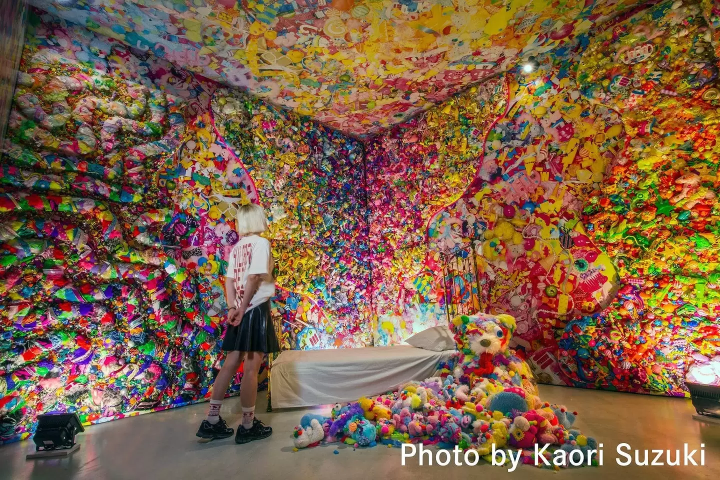
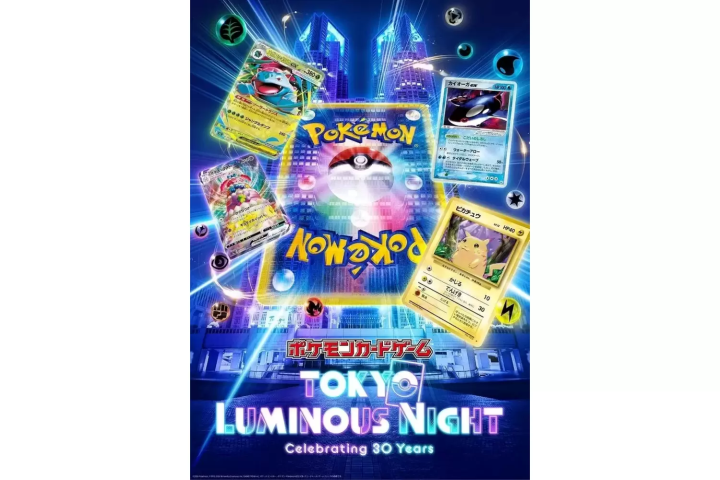








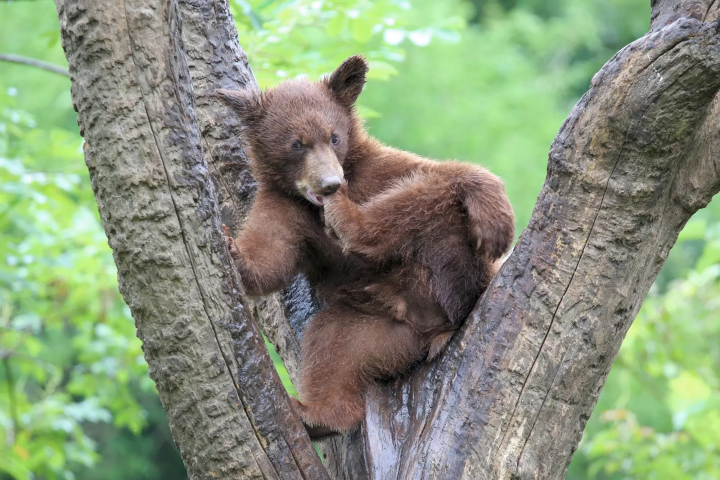
![[Southern Oita Prefecture (Usuki and Saiki)] A journey through fermentation and tradition. Oita Sustainable Gastronomy](https://resources.matcha-jp.com/resize/720x2000/2026/02/27-259975.webp)
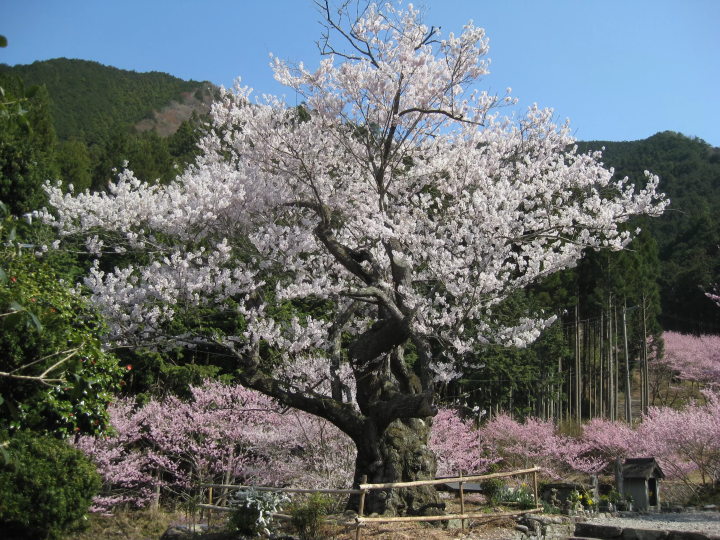
![[Hiroshima] ORIZURU Making at the Hotel / Sheraton Grand Hiroshima Hotel](https://resources.matcha-jp.com/resize/720x2000/2026/02/26-259811.webp)
![[Aichi] 30 minutes from Nagoya! 8 must-see tourist spots in Tokoname, the city of beckoning cats and pottery](https://resources.matcha-jp.com/resize/720x2000/2026/02/26-259808.webp)